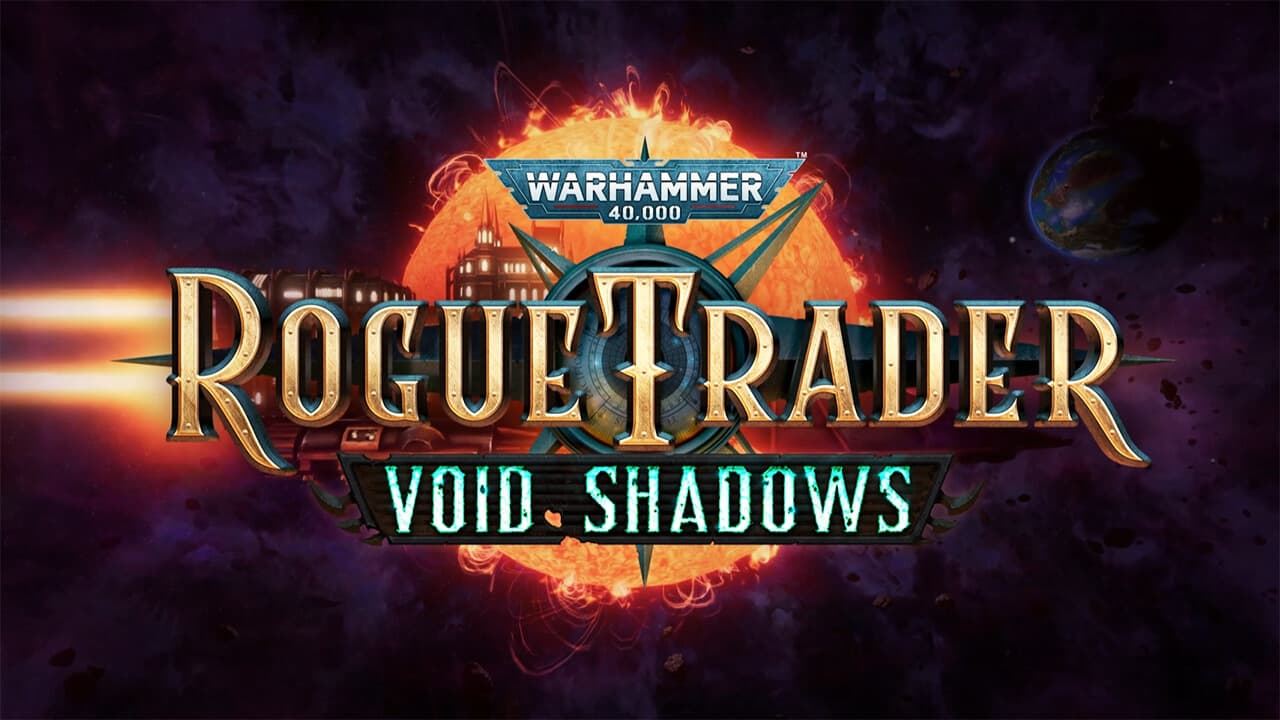New Players Should Start Small, Learn Core 40k Phases
A community compiled beginner guide for Warhammer 40k lays out practical, experience based advice to help newcomers get started without overspending or becoming overwhelmed. The guidance emphasizes learning the core game loop, starting with a starter set or a split starter, and relying on local stores and leagues for support.

A community focused guide for new Warhammer 40k players offers a clear, pragmatic path into the hobby, prioritizing play experience and steady investment over immediate collection growth. The guide recommends starting small to learn the core phases and rules before committing to large force lists, and it stresses the value of community spaces for rules help and motivation.
At the heart of the advice is a focus on the game loop. New players are encouraged to understand the sequence Move, Psychic, Shoot, Charge, Fight and the importance of phase order rather than trying to master every rules interaction at the outset. That foundation makes real games more intelligible and reduces the frustration of early losses, the guide says, because players who grasp sequencing can make meaningful tactical decisions from the first matches.
Practical purchases are addressed directly. The guide advises buying an intro or starter set, or splitting a starter set with a friend to share cost and models while both players learn. For painting and modeling, a few basic paints and one reliable brush will suffice to start. Players can upgrade tools and supplies as they become more committed, avoiding the temptation to buy expensive equipment before they know their preferred style of play or factions.
Money saving strategies are central to the guide. It recommends considering used models via resales, marketplace listings, and hobby forums. Proxy units are presented as a legitimate way to test a playstyle or list concept before full purchase. For list building, the guide warns against overloading a beginner list with multiple expensive, complex HQs and large monsters, and instead recommends modest, balanced lists that teach positioning, fundamentals, and tactical cohesion.
The social angle receives equal weight. Local game stores, leagues, and beginner friendly events are highlighted as critical resources where new players can find practical rules help, opponents at similar skill levels, and the motivation to keep improving. The guide is oriented toward real world play, urging players to buy what they will enjoy, learn by playing games, and lean on local communities rather than buying everything at once.
For hobbyists and community organizers, the guide reinforces tried and tested approaches that reduce entry barriers and improve retention. Teaching sequencing, promoting split starters, facilitating proxy games, and hosting beginner friendly nights are concrete steps stores and organizers can take to grow healthy local scenes. For individual players, the advice offers a manageable, cost effective route into Warhammer 40k that focuses on the parts of the hobby that create the most immediate enjoyment.


